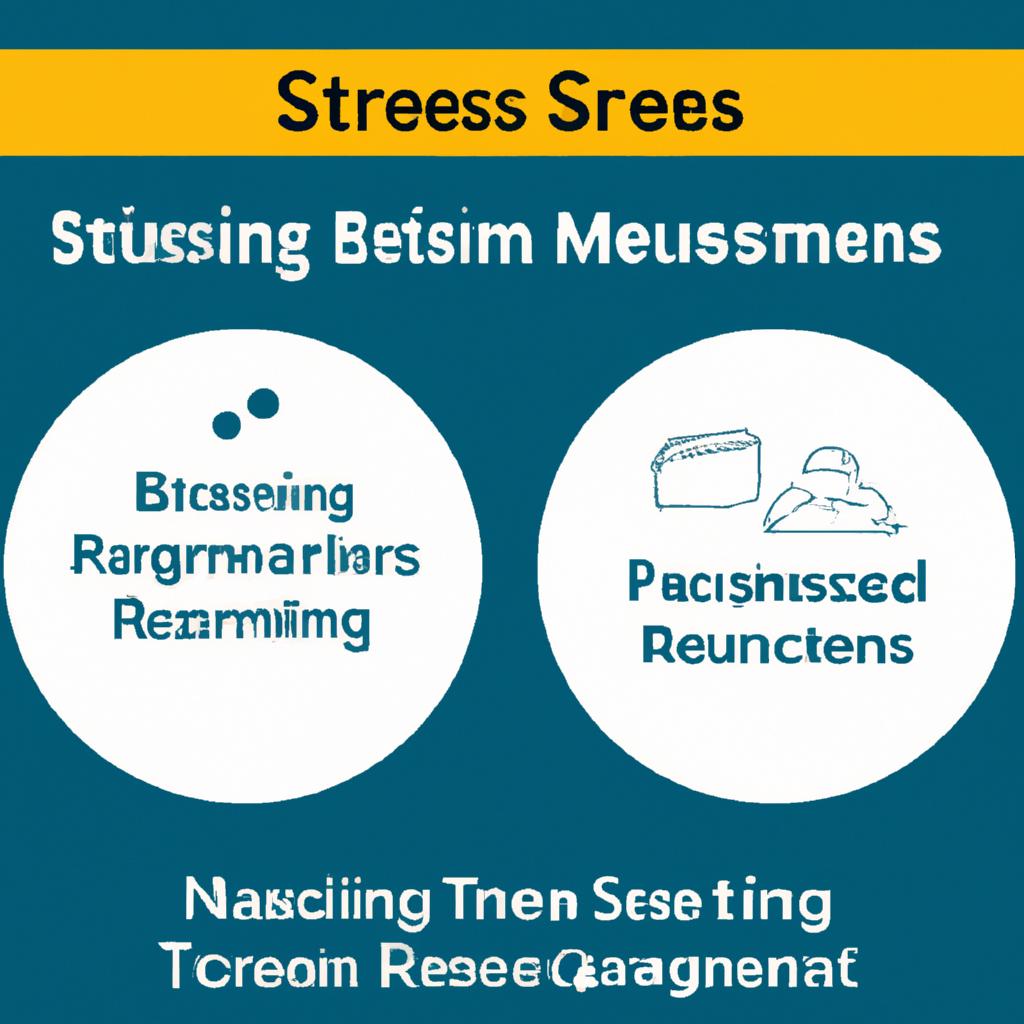Unlocking Wellness: How a Healthy Lifestyle Deters Chronic Disease Risks

Unlocking Wellness: How a Healthy Lifestyle Deters Chronic Disease Risks
In an era dominated by fast-paced living and the omnipresence of convenience, the pursuit of health often feels like navigating a labyrinth. Yet, nestled within this chaotic landscape lies a powerful key to transformation: the choices we make each day. As we delve into the intricate dance between lifestyle and well-being, it becomes clear that the thread of our daily habits weaves together the fabric of our health. Unlocking wellness is not merely an aspirational phrase; it is a proactive approach that can shield us from chronic diseases that loom ever closer in our modern lives. This article explores how embracing a healthy lifestyle is more than just a trend; it is a strategic defense against various health challenges, arming us with the knowledge and practices that foster resilience and vitality. Join us on this enlightening journey as we uncover the layers of lifestyle changes that can guide us toward a healthier, more fulfilling existence.

Promoting Heart Health Through Diet and Exercise
Fostering cardiovascular wellness hinges significantly on our dietary choices and physical activity levels. **Nourishing your body** with heart-healthy foods can create a protective barrier against chronic diseases. Featuring a rainbow of fruits and vegetables in your meals ensures you receive essential nutrients, while incorporating whole grains, lean proteins, and healthy fats can improve cholesterol levels and reduce blood pressure. Consider these dietary staples:
- **Berries** – Packed with antioxidants and fiber.
- **Oats** – Known for their cholesterol-lowering properties.
- **Fatty fish** - Rich in omega-3 fatty acids, beneficial for heart function.
- **Nuts and seeds** – Supply healthy fats and protein.
Complementing a balanced diet with regular exercise is a cornerstone of heart health. Engaging in **moderate aerobic activities** not only elevates your heart rate but also bolsters the efficiency of your cardiovascular system. Aim for at least 150 minutes of moderate exercise each week, which can include walking, cycling, or swimming. Here’s a simple weekly exercise plan that can kickstart your journey:
| Day | Activity |
|---|---|
| Monday | 30-minute brisk walk |
| Wednesday | 20 minutes of cycling |
| Friday | 30 minutes of swimming |
| Saturday | 1 hour of hiking |
| Sunday | Rest or gentle yoga |

Mental Wellness as a Shield Against Chronic Illness
Mental wellness plays a pivotal role in safeguarding our physical health, acting as a robust shield against the onset of chronic illnesses. It’s well-documented that stress, anxiety, and depression can detrimentally affect the immune system, making the body more susceptible to ailments such as diabetes, heart disease, and autoimmune disorders. Cultivating a positive mental state can reduce inflammatory markers in the body, promote healthier lifestyle choices, and enhance the capacity for resilience. By engaging in practices that bolster mental health, such as mindfulness, meditation, and social engagement, individuals can significantly lower their risk of developing chronic diseases.
To illustrate the profound impact of mental wellness on physical health, consider the following benefits associated with maintaining a healthy mindset:
- Improved Stress Management: Better coping strategies lead to reduced cortisol levels.
- Enhanced Immune Function: A positive outlook can boost the body’s defense mechanisms.
- Healthier Lifestyle Choices: Mental clarity often inspires better nutrition and physical activity.
- Stronger Social Connections: Emotional well-being fosters supportive relationships, crucial for health.
Below is a simple summary of how mental wellness intertwines with chronic illness prevention:
| Mental Wellness Action | Chronic Illness Prevention |
|---|---|
| Mindfulness Practices | Reduces anxiety and stress levels |
| Regular Exercise | Strengthens heart health and regulates weight |
| Social Support Networks | Boosts motivation and mental resilience |
| Healthy Eating Habits | Improves mood and energy levels |

Building Resilience: The Role of Sleep and Stress Management
To cultivate a life rich in wellness, it is essential to recognize the profound influence of sleep on our physical and mental health. Quality sleep acts as a cornerstone of resilience, enabling the body to recover and regenerate. During deep sleep, the brain processes memories and emotions, paving the way for better cognitive function. Consequently, establishing a consistent sleep schedule can significantly enhance your body’s ability to manage stress. Strategies to improve sleep hygiene include:
- Establishing a routine: Going to bed and waking up at the same time daily helps regulate your internal clock.
- Creating a restful environment: A dark, cool, and quiet space promotes deeper sleep.
- Avoiding screens: Limiting blue light exposure an hour before bedtime can improve sleep quality.
Stress management plays an equally vital role in building resilience. Chronic stress can deplete the body’s resources, making it more susceptible to illness. Effective stress management techniques not only enhance emotional regulation but also improve overall health outcomes. Integrating practices such as mindfulness, deep breathing, and physical activity can create a buffer against daily pressures. Here’s a simple comparison of these techniques:
| Technique | Benefits |
|---|---|
| Mindfulness | Promotes awareness and reduces anxiety. |
| Deep Breathing | Calms the nervous system and lowers heart rate. |
| Physical Activity | Releases endorphins and improves mood. |
To Conclude
the journey towards unlocking wellness is not merely about adopting a series of health tips; it is an embrace of a lifestyle that fosters resilience against chronic diseases. By prioritizing balanced nutrition, regular physical activity, and mental well-being, we equip ourselves with the tools necessary to not only mitigate risk factors but to thrive in our daily lives. Each small decision we make has the power to shape our long-term health, creating a ripple effect that extends beyond ourselves to those around us. While the path may sometimes seem daunting, remember that every step taken towards a healthier lifestyle is a step towards a brighter, disease-free future. So, let us commit to this journey of wellness, unlocking our full potential and inspiring others to do the same. Together, we can cultivate a culture that celebrates health, happiness, and longevity.





